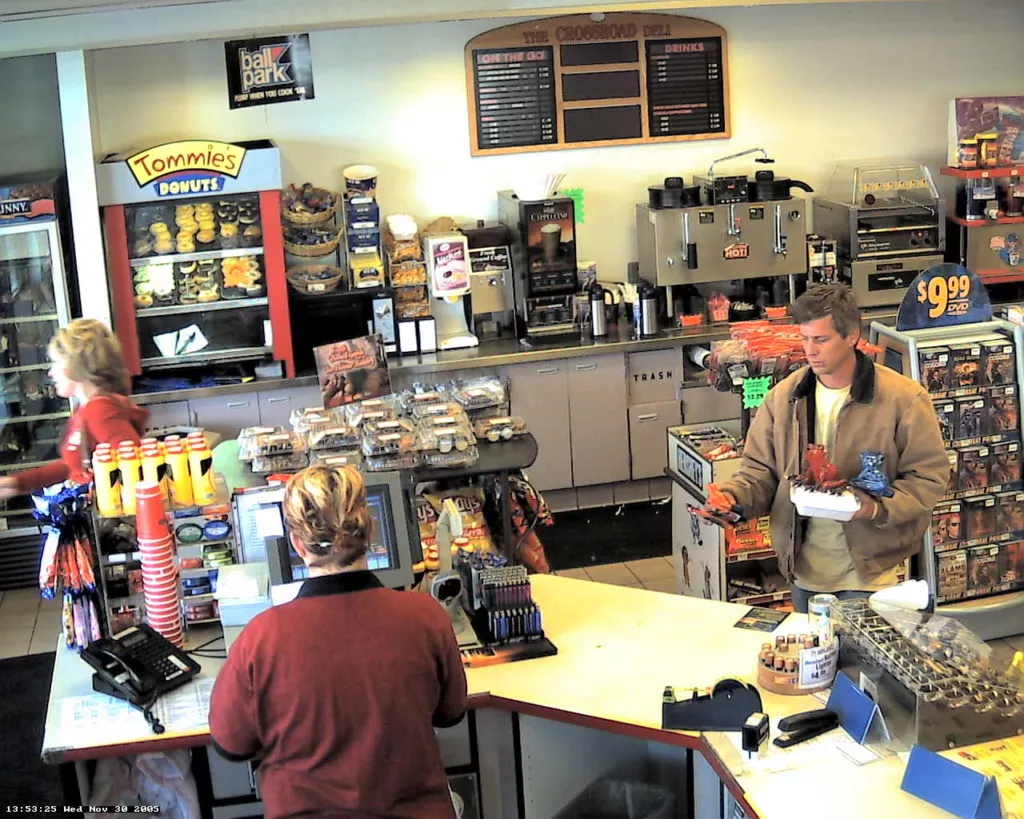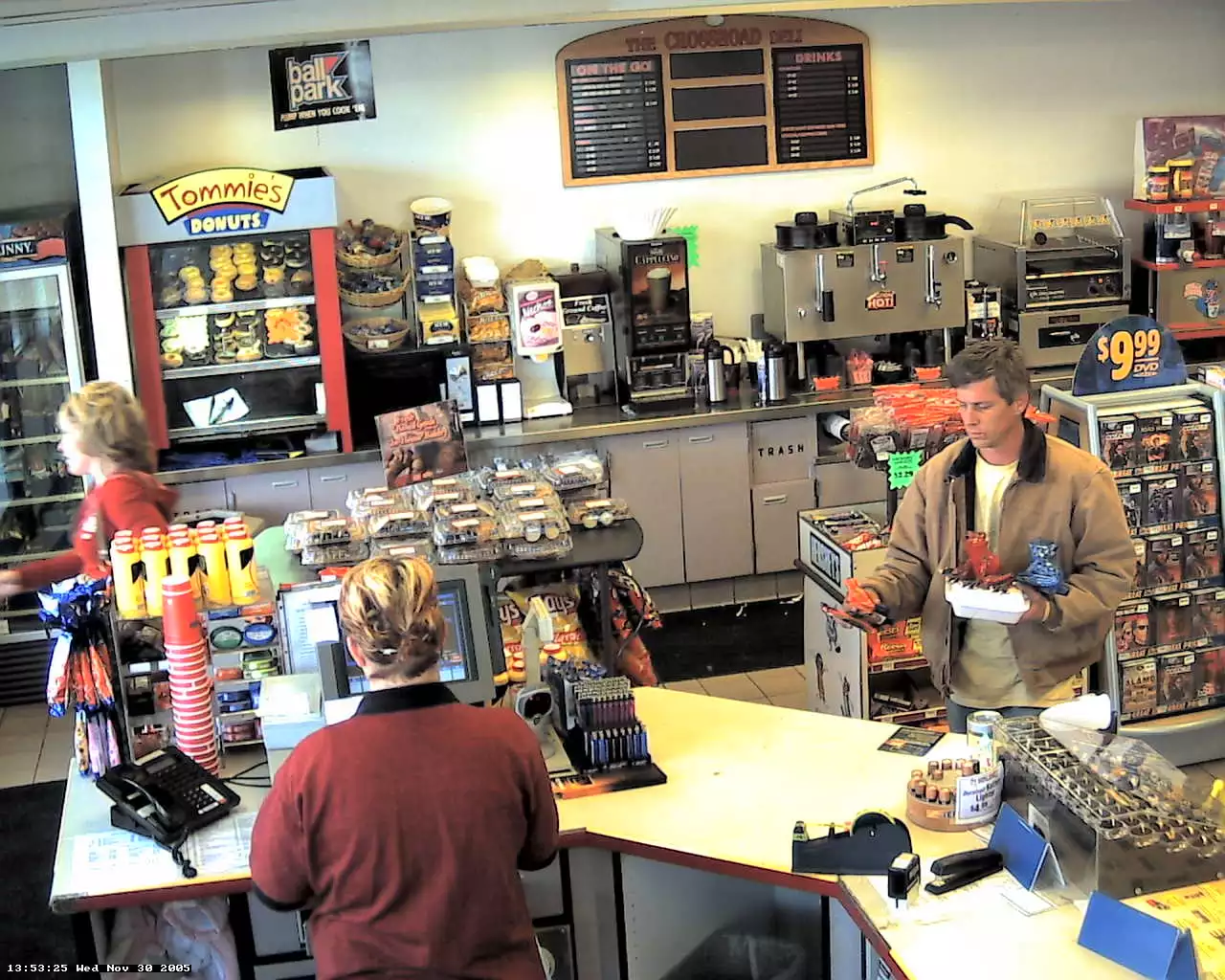
19 Jun Do Security Cameras Really Deter Crime?
 Security cameras are everywhere these days. From big box stores to suburban houses to police car dashboards to public streets, it can sometimes feel like George Orwell may have been onto something with Big Brother. What’s the point of all the cameras watching everything? Why are we allowing so many electronic eyes to watch us every day? Why to deter crime, of course!
Security cameras are everywhere these days. From big box stores to suburban houses to police car dashboards to public streets, it can sometimes feel like George Orwell may have been onto something with Big Brother. What’s the point of all the cameras watching everything? Why are we allowing so many electronic eyes to watch us every day? Why to deter crime, of course!
That sounds good, doesn’t it? By putting cameras everywhere, it ensures that everyone is on their best behavior. And criminals will be less likely to do anything illegal while they’re on candid camera. So, do security cameras really deter crime? The answer is yes… sometimes. Almost always. Let’s take a closer look at what makes them effective.
Convenience Store
I recently heard a story of a convenience store owner that decided to install security cameras. Just the act of installing cameras alone increased his bottom line by $600 after the first month. That saved him $600 of food and drinks that his employees were helping themselves to!
Homeland Security Does Its Homework
According to the Department of Homeland Security, security cameras can deter criminal activity when you use them properly. Part of it deals with where you place them, and what they can observe. But a bigger part of the equation is whether or not people believe that what the cameras see will be acted on.
We all know that people act differently when they believe someone in authority is recording their actions. Children who might be rowdy or rambunctious under normal circumstances are quiet when the teacher is present. And workers are on their best behavior when they know the regional manager is looking over their shoulders. The same is true for security cameras. If people know that what happens in front of the camera will be stored and used, then there’s fewer instances of crime.
If people don’t think that the police are watching, though? Well, then the effect of the camera as a deterrent is minimal.
The Chicago Data
In order to reach this conclusion, Homeland Security studied two different neighborhoods that had installed security cameras in the city of Chicago. In one neighborhood, there was a marked decrease in crime. But in another, the needle on the crime gauge barely budged.
So what was the difference between the two neighborhoods?
Well, the primary difference was in how they used cameras. In the neighborhood with a drop in crime, they used cameras to detect and pursue criminals. This sent the message that every camera on the block was a set of eyes plugged right into the police station. In the second neighborhood, they didn’t monitor the cameras very stringently, and police cruisers didn’t come when the cameras caught someone breaking the law.
Cameras still captured events in both places, and they proved just as helpful for catching law breakers after the fact. Because one set of cameras produced an immediate response from law enforcement, though, the odds of getting away with the initial crime went down.
Cameras Are Also Witnesses
While the value of security cameras as a deterrent depends directly on how much crime is in the area, and how often you use the cameras to collect evidence, security cameras are always an effective witness. From the Boston Marathon bombing to catching a string of burglars, security cameras can provide the authorities with evidence that will help them track down criminals and bring them to justice.
Not only that, but security cameras are always observant, their stories never change, and they’re always allowed in court. With advances like facial recognition software, and the ability for cameras to notify the authorities when they detect persons of interest, it’s possible that we’ll use security cameras even more as time goes on.
For more information on security cameras and their effects on crime simply contact us today!


No Comments